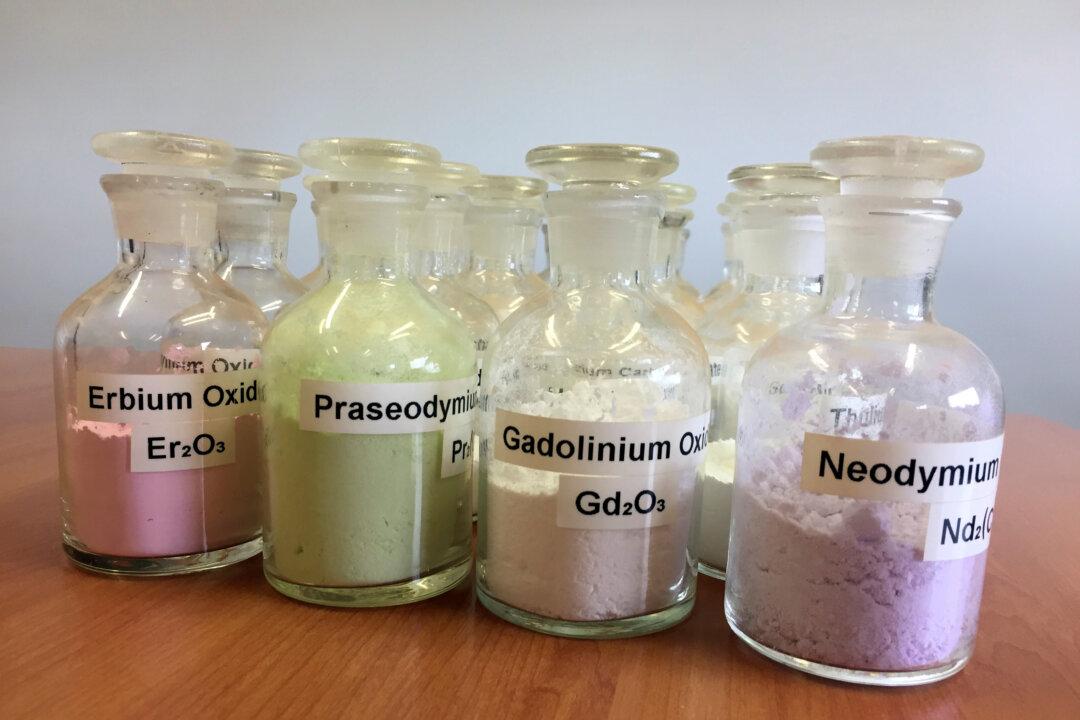The U.S. Department of Defense is in talks with Australia to host a facility that would process rare earth minerals, part of an effort to reduce reliance on China for the specialized materials used in military equipment, a senior U.S. official said.
The push comes as China threatens to curb exports to the United States of rare earths, a group of 17 minerals that are used in manufacturing electronic chips. Those components are found in fighter jets, tanks, and high-tech consumer electronics.





